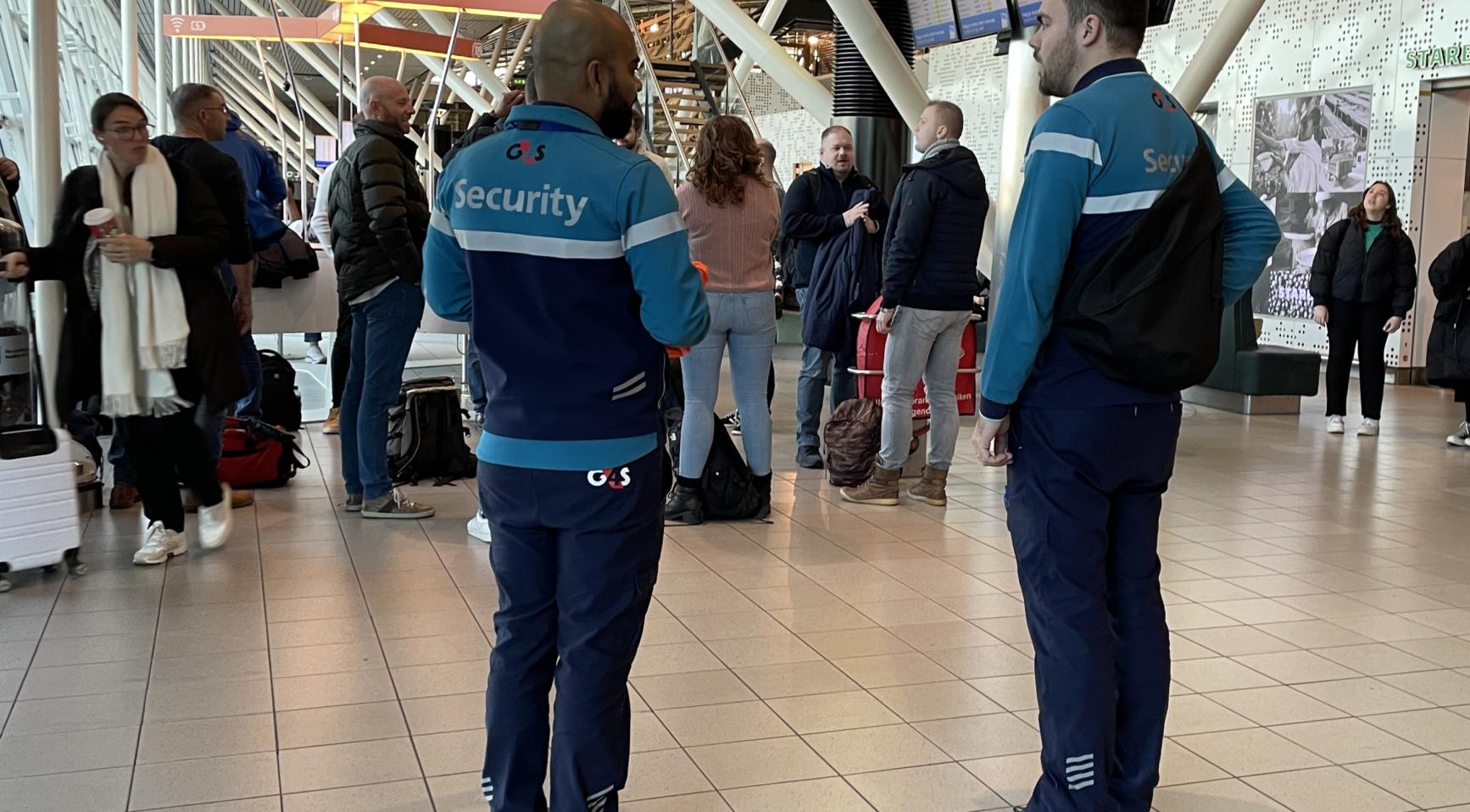Employees at Schiphol Airport experience higher work pressure and less autonomy compared to other workers in the Netherlands. Around 1,600 of the 75,000 airport staff took part in a study conducted by TNO that they performed at the request of Schiphol and the labor unions FNV and CNV. Many workers feel like they are not allowed to make their own decisions while working.
Many workers also feel that they are forced to work hard and fast and have to complete many tasks. Almost three in 10 of the Schiphol workers who took part in the survey experience autonomy at their work. This is half of the usual rate for workers throughout the country.
In addition, staff members are less pleased about their (social) safety. Around 56 percent stated that their supervisors do everything they can to prevent unsafe work practices. This is also below the nationwide average, where over three-quarters of workers indicated that their supervisors are alert to this issue.
Just over half of the people asked said that they are given sufficient time to follow safety procedures during their work.
According to the research, Schiphol staff are having to deal with conflicts, unwanted behavior, and discrimination on a more regular basis. They also feel more unhealthy, are increasingly unhappy in their work, and deal with burn-out-related complaints more regularly.
The study is the first in a string of studies into work pressure, social safety, and safe working culture for the workers at the airport. Schiphol, the employers, and the unions will work on the results of the study in the short term, the airport said. “This research gives us a clear insight and emphasizes the necessity to keep working on improvements as an employer, supervisor, and work location,” said Esme Valk, who is responsible for the staff at the airport.
“These compelling results make it clear that more needs to be done and forces employers and Schiphol to take action to ensure a pleasant and safe workplace,” said FNV campaign leader Jaap de Bie.
According to CNV campaign leader Erik Maas, the results require “strong measures and a clear plan of action, in which all parties involved take their responsibilities.”
